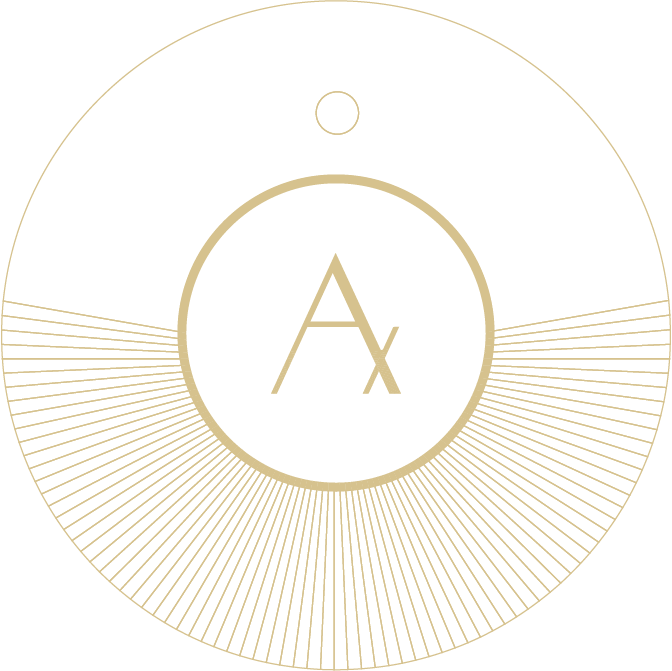Time to Heal: Embracing Mental Health Awareness
By The Acuworx Team
Mental health is a top priority when it comes to treating our patients. How Does Acupuncture Support Mental Health and Emotional Well-Being? There are multiple approaches within Traditional Chinese Medicine when addressing issues related to mental health (anxiety, trauma, stress, depression, obsessive compulsive disorder, post traumatic stress disorder). Chinese Medicine uses the term Shen to describe the broad spectrum of emotional, mental, and spiritual aspects of a human being. The concept of Shen has a special relationship with the functions of our organs, and reveals a connection between mind and body. Shen is housed within the Heart, and mental activity and consciousness are said to be rooted in the Heart, as well as the Blood. The state of the Heart will affect all mental activities - including emotions, consciousness, memory, critical thinking, and sleep. Because of this, if there is an imbalance in any of these areas, there may be an underlying mental cause. When the Heart is strong and there is a healthy supply of Blood, there is clear mental activity, balanced emotions, clarity, and a good memory. However, if the Heart is weak, there may be signs of depression, poor memory, slowed thinking processes, or insomnia.
The Connection Between Organs and Aspects of the Spirit
Although the Shen has a special relationship with the Heart, the other organs are also associated with different aspects of the spirit.
The Heart is associated with the Mind, or Shen
The Liver is associated with the Ethereal Soul, Hun
The Hun is most closely related to the Western idea of the Soul or Spirit
It enters the body upon birth, and leaves the body upon death
The Lungs are associated with the Corporeal Soul, or Po
The Po is closely associated with the body and is said to leave with the body upon death
Related to the somatic expression of the Soul or Spirit; allows for the sensation, feeling, hearing, and sight of the body
The Kidneys are associated with Will Power, or Zhi
The Zhi is associated with the mental drive that gives us determination and focus for projects and goals; it is also associated with long term memory
The Spleen is associated with Intellect, or Yi
The Yi is associated with applied thinking, studying, concentration, and memorizing, in particular, short term memory
How Our Organs Drive Our Emotions
Each of the Yin organs is associated with a different emotional aspect: the Heart is related to joy, the Liver is related to anger, the Lungs are associated with grief, the Kidneys are associated with Fear, and the Spleen is associated with worry. When any of these emotions are out of balance, they can manifest in a number of ways - including anxiety, depression, excess worry, over-thinking, ruminating thoughts, restlessness, insomnia, irritability, obsessive compulsive disorder, panic disorders, mania, attention deficit disorder, poor memory, as well as addiction.
Obsessive thoughts or over-thinking is often linked to the Spleen, as the Spleen is related to the mental aspect of thinking. Whereas mania would be more closely related to the Heart, as the Heart has a relationship to the emotion of joy, and when in excess can be manic in nature. Addiction would be more closely tied to the Kidneys as these organs are related to our determination and will-power. Logically, this makes sense, as any form of excess consumption or overuse will negatively impact the Kidneys and adrenals. While our bodies can sometimes seem complicated, there are many practical tips for promoting mental health awareness and healing.
Ways to manage mental health issues right from home:
When feeling anxious or depressed, a great option is to shift energy to redirect the focus. This can include going outside for a walk, or taking a break from whatever you are doing to shake the body - or perhaps even take a dance break to get qi circulating. Essential oils are a great way to enhance your mood. Diffuse oils in your home that help to uplift the spirit! Citrus scents (lemon or orange) are mood boosters, or try an aromatic, like eucalyptus if you are feeling depressed. If you are feeling anxious, lean on oils that have a more calming and grounding effect, such as lavender, cedarwood, or frankincense.
Another at-home technique you can use is deep belly breathing. This breathwork activates the diaphragm and parasympathetic nervous system. A great way to practice this would be to place a light object on the belly and try to feel it rise and fall as you breathe.
Lastly, tapping on certain acupressure points can also be helpful. My favorite one to recommend is located on the sternum or the breast bone, at the center just in line with the nipples. This point is known as Ren17 and is a point closely related with the Pericardium, the membrane surrounding the Heart and what is considered the protector of the Heart in Chinese Medicine. Any mental or emotional disturbances will have a direct correlation and effect on the Heart, so tapping or gently massaging this point can help ease the mind as well as the Heart.
Taking care of our emotional wellbeing is crucial to staying healthy. Our mental health directly impacts our physical health, and it’s important to check in with ourselves. If you’re looking to treat a mental matter, schedule a complimentary consultation to discuss how Traditional Chinese Medicine can help. We’re here for you.


